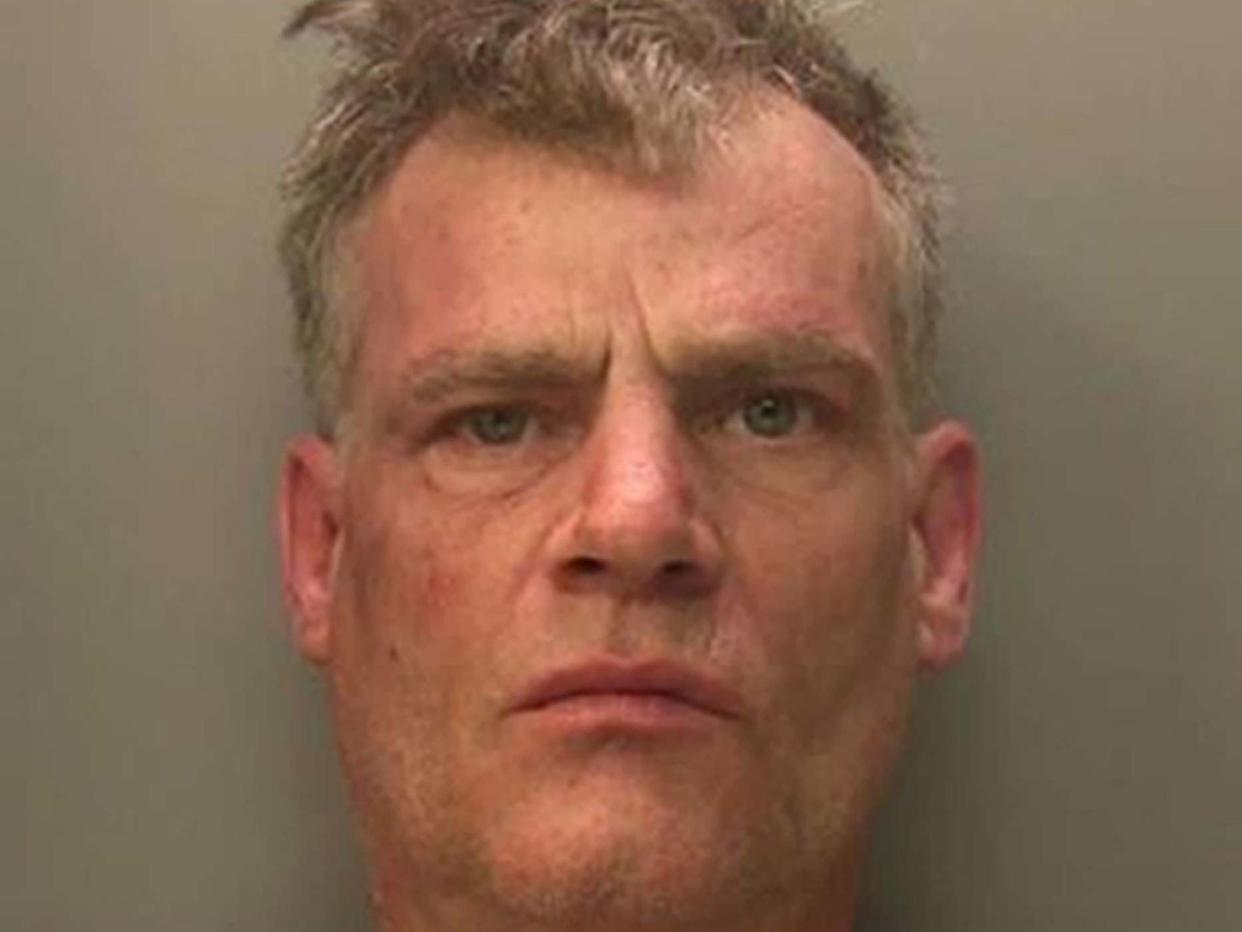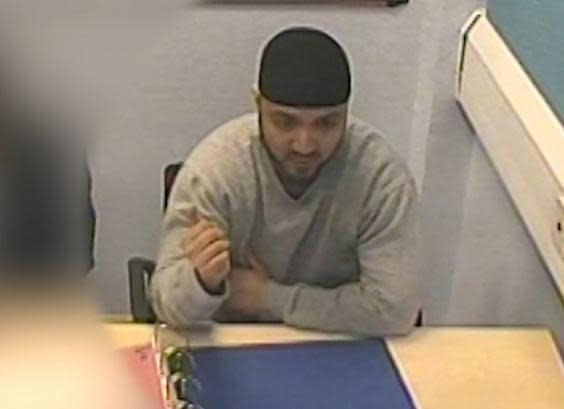UK saw highest number of far-right terror attacks and plots in Europe in 2019, Europol says

The UK reported the highest number of far-right terror attacks and plots in Europe in 2019, an official report has found.
Europol’s annual Terrorism Situation and Trend report, published on Tuesday, said one attack – in Stanwell – was carried out and three were foiled in the year.
No other EU country recorded more than two planned or attempted far-right terror attacks.
The Stanwell incident took place a day after the Christchurch mosque attacks in New Zealand, when 50 worshippers were massacred by a “white genocide” conspiracy theorist.
Vincent Fuller went on a rampage in his Surrey hometown, attacking cars with non-white drivers before stabbing a Bulgarian teenager.
The 50-year-old was targeting Muslims during the rampage, shouting: “All Muslims should die, white supremacists rule. I’m going to murder a Muslim.”
Europol’s report said the attack was “part of a wave of violent incidents worldwide”, including the shootings in Christchurch, Poway and El Paso.
“The perpetrators were part of similar transnational online communities and took inspiration from one another,” it added.
“Right-wing extremist ideology is not uniform but feeds from different sub-currents, united in their rejection of diversity and minority rights.”
One of the UK plots listed by Europol is believed to be a teenage neo-Nazi’s planned attacks on synagogues and other targets in Durham.
The 17-year-old, who cannot be named for legal reasons, was jailed in January after writing a manifesto aiming to inspire other terrorists.
Islamist attacks remain the deadliest and most frequent, but last year the head of UK counter-terror police called far-right extremism the “fastest-growing” terror threat.
“The lone actor threat is the biggest problem,” Assistant Commissioner Neil Basu said.
“My biggest concern that is we have seen cases when people both in Islamist and right-wing space where people are radicalised in days or weeks.”
On Tuesday, Mr Basu urged people to “play their part” to protect themselves and others by reporting suspicious activity.
“As we begin to return to normal, and public places become more crowded, we must be vigilant to the ongoing threat.” he added.
“Sadly, as one disease retreats, we need to stop another re-emerging.”
UK counterterror police say that of the 25 attack plots foiled since March 2017, 16 were Islamist, eight far-right and one “other”.
The number of white terror suspects being arrested outstripped those of Asian appearance for the second year in a row in 2019.
As of 31 March, there were 238 people jailed for terror-related offences in the UK, of which 77 per cent were Islamists and 18 per cent far-right extremists.
Europol said that despite intensified online crackdowns, right-wing extremists “enjoy much greater freedom to act on major social media platforms” than jihadists and continue to spread their ideology.

It warned that even far-right movements that do not openly advocate violence, such as Generation Identity, have the potential to inspire lone actor attacks.
Other far-right attacks in Europe included a deadly shooting rampage that targeted Jews and Muslims in Germany, two shootings at French mosques, an attempted bombing by a neo-Nazi in Lithuania and an explosives plot targeting Muslims in Poland.
Overall, Europol said EU member states reported 119 terror attacks and plots in 2019.
Of those, 57 were categorised as ethno-nationalist and separatist terrorism – all but one of which were in Northern Ireland.
A further 26 were left-wing and anarchist terrorism – all in Greece, Italy and Spain.
Europol recorded 21 jihadist terror attacks and plots, which caused 10 deaths and 26 injuries in total. France had the highest number, on seven.
Britain saw one Islamist attack – at Fishmongers’ Hall – and two others thwarted in 2019, as well as a separate “single-issue” plot.
The Independent understands the two jihadi plots were by a female Isis supporter who wanted to bomb St Paul’s Cathedral, and an Islamist who previously slashed police officers outside Buckingham Palace with a sword.
So far in 2020, there have been two further alleged Islamist terror attacks in Britain, in Streatham and the high-security Whitemoor prison.
Police have not detailed a suspected motive for the Reading stabbing, which left three victims dead, and a suspect is in custody.

Europol’s report warned that coronavirus lockdowns and their economic and societal impact could “have the potential to further fuel the radicalisation of some individuals, regardless of their ideological persuasion”.
Executive director Catherine De Bolle said: “Activists both on the extreme left and right ,and those involved in jihadist terrorism, attempt to seize the opportunity the pandemic has created to further propagate their aims.”
The report said that across the EU, the greatest terror threat emanates from “lone actors” and small cells who are not directed by larger organisations.
It also warned of criminals being drawn into jihadism because they see it as “an opportunity for alleged purification and redemption from past sins, all the while justifying violence and crime under the pretext of jihad”.
The report said that several terror attacks in Europe through 2019, including the Fishmongers’ Hall attack, highlighted the threat from “radicalised prisoners”.
Europol said several incidents had also “raised the question of the mental state of the perpetrators”.
“In many cases, it is impossible to clearly distinguish between terrorist offences and violent acts perpetrated by people suffering from a mental disorder,” the report added.
“Some individuals suffering from mental disorders display signs of radicalisation, which are a consequence of their illness rather than ideological conviction.
“Nevertheless, they might emulate modi operandi typical of, or promoted by, terrorist groups.”
The report warned that online terrorist propaganda, hate speech and fake news “may lead people who are mentally unstable or easily influenced to commit acts of ideologically motivated violence”.
Read more
Terrorists who self-radicalise ‘are bigger threat than Isis fighters’
More white people arrested over terrorism than any other ethnic group
How Christchurch shooter inspired copycat terrorists around the world
Far-right terrorism driven by austerity in UK, former head of MI5 says
Man who encouraged far-right terror attacks escapes jail sentence
Man jailed for launching far-right terror attack after Christchurch
